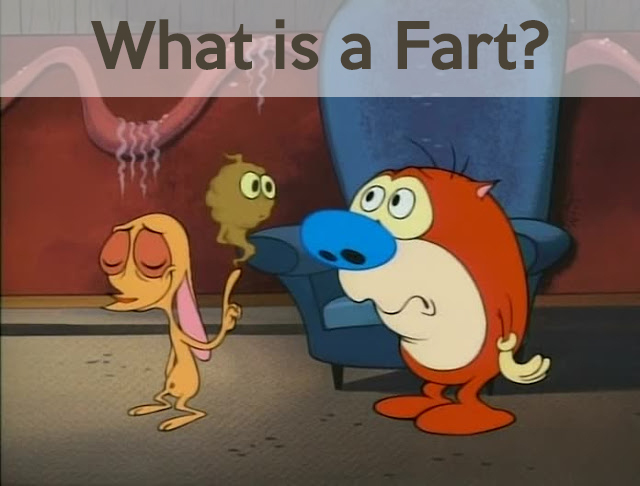What is a fart?

Fart, or flatus, is defined as an emission of wind from the anus (butthole). Air trapped within the body causes them. This air comes from multiple sources. Some of the air in your fart is swallowed when you eat and drink. This introduces oxygen and nitrogen to your system. It has to escape somehow; usually through your butt. The rest of the fart gas seeps into our intestines from our blood. It is also produced by chemical reactions in the gut. This is where what you eat factors into the equation.
Now the ultimate question, ‘what is a fart?’ cannot be answered quite so simply. So lets dig into it a bit more.
Digging Deeper: What is a Fart?
In the realm of human bodily functions, few topics are as universally known and yet as universally misunderstood as the fart. This seemingly innocuous act is often met with embarrassment, disgust, or even fear. But fear not, dear reader, for we are here to demystify this mysterious phenomenon and reveal the truth behind the fart.
First and foremost, let’s get one thing straight: farts are normal. Every human being farts, and it’s a perfectly natural part of the digestive process. When food is broken down in our intestines, it releases gases, which eventually need to be expelled. This expulsion, we call a fart.
Now, let’s delve into the science behind the fart. Farts are composed of a mixture of gases, including nitrogen, carbon dioxide, hydrogen, and methane. These gases are typically odorless, but certain foods, like beans, can produce gases that contain sulfur, which gives farts their distinctive smell. We dive deeper into this subject on our Chemical Makeup of Farts page.
The sound of a fart is caused by the vibration of the sphincter muscles, the muscles that control the opening and closing of the anus. The speed and force with which these muscles contract determine the volume and pitch of the fart.
So, why do some farts smell worse than others? Well, it all comes down to the composition of the gases that are released. As mentioned earlier, sulfur-containing gases are responsible for those pungent odors. Additionally, the food you eat can affect the bacteria in your gut, which can in turn affect the smell of your farts.
Now that we’ve covered the basics, let’s talk about some common misconceptions about farts. First, it’s important to dispel the myth that holding in farts is healthy. In fact, holding in farts can lead to bloating, discomfort, and even constipation. So, don’t be afraid to let it rip – it’s better for your digestive health.
Second, there’s no shame in farting. It’s a natural bodily function, and everyone does it. So, don’t let embarrassment or fear hold you back. Embrace your farts and let them be a part of who you are.
And finally, remember that farts are not inherently dirty or disgusting. They’re just a part of life, and they’re nothing to be ashamed of. So, next time you feel a fart coming on, don’t suppress it. Let it out, own it, and enjoy the symphony of sounds and aromas that it creates.
And don’t forget to Share Your Farts!

Leave A Comment